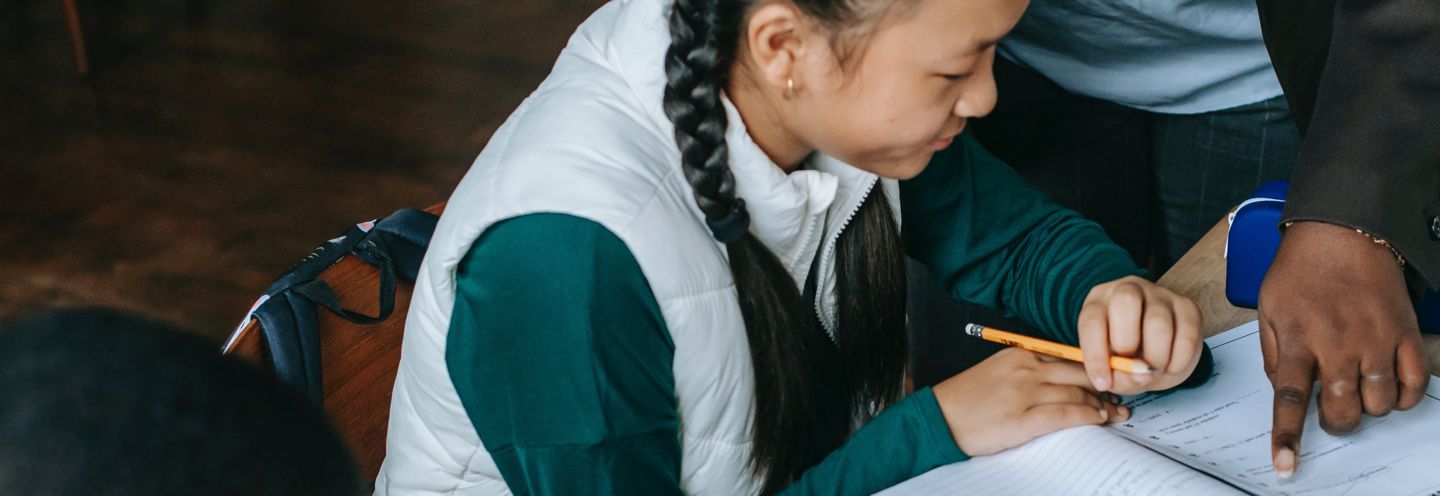Teacher Resources | 386 Results

In this lesson, students review what the word “privacy” means in an online context and learn key privacy-related vocabulary. They explore different privacy risks and then learn practical techniques

In this lesson, students learn how their personal information is key to how most of the “free” apps and platforms they use make money. They learn practical strategies and tools for managing their

In this lesson, students draw connections between their existing concepts of privacy and how it applies to the internet and networked devices, then learn essential vocabulary relating to privacy.

In this lesson, students are introduced to the privacy principles that inform the Alberta and BC Personal Information Protection Acts, Québec’s An Act Respecting the Protection of Personal

Most kids live as much of their lives online as they do offline. But on the Internet there are lots of moral and ethical choices that don’t have to be made offline. These tips lay out ways you can

In this lesson, students learn about ways to manage their privacy and reputation online by exploring their digital presence and to make good choices about sharing other people’s content online.

Almost all of kids’ favourite apps and websites make money from targeted advertising, which uses their personal information to choose which ads to show them. Many of them also sell the data they

This lesson explores how young people can use online media for activism on issues that matter to them. Through the discussion and scenarios that are presented, students will develop their knowledge

In this lesson, students start by discussing the phenomenon of “selfies” and serve as experts in advising the teacher on the standards by which the “best” selfies are judged. They then discuss a

The Raising Digitally Resilient Kids parent workshop outlines how parents and guardians can support children’s well-being and help them balance the risks and benefits of digital media. Based on

